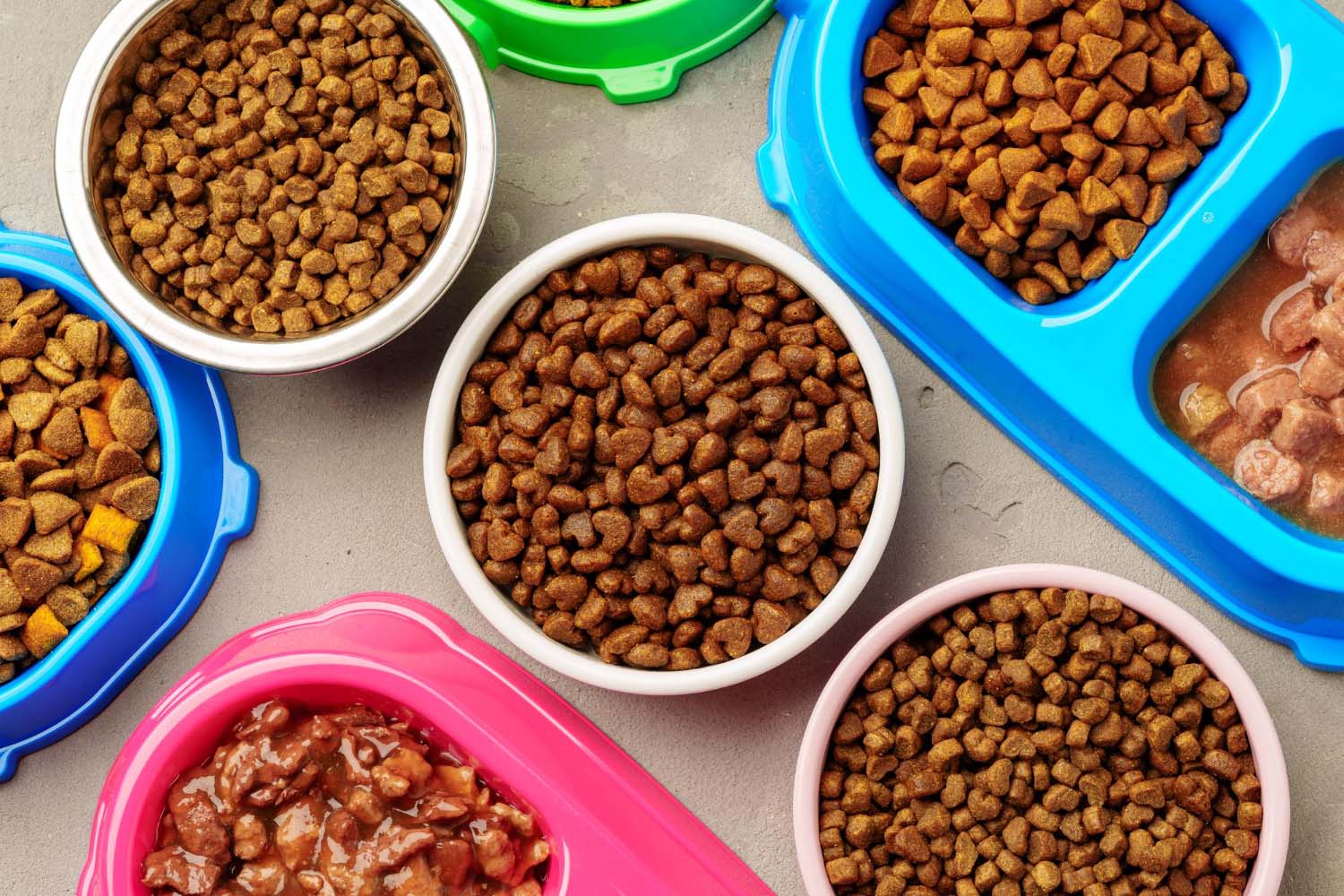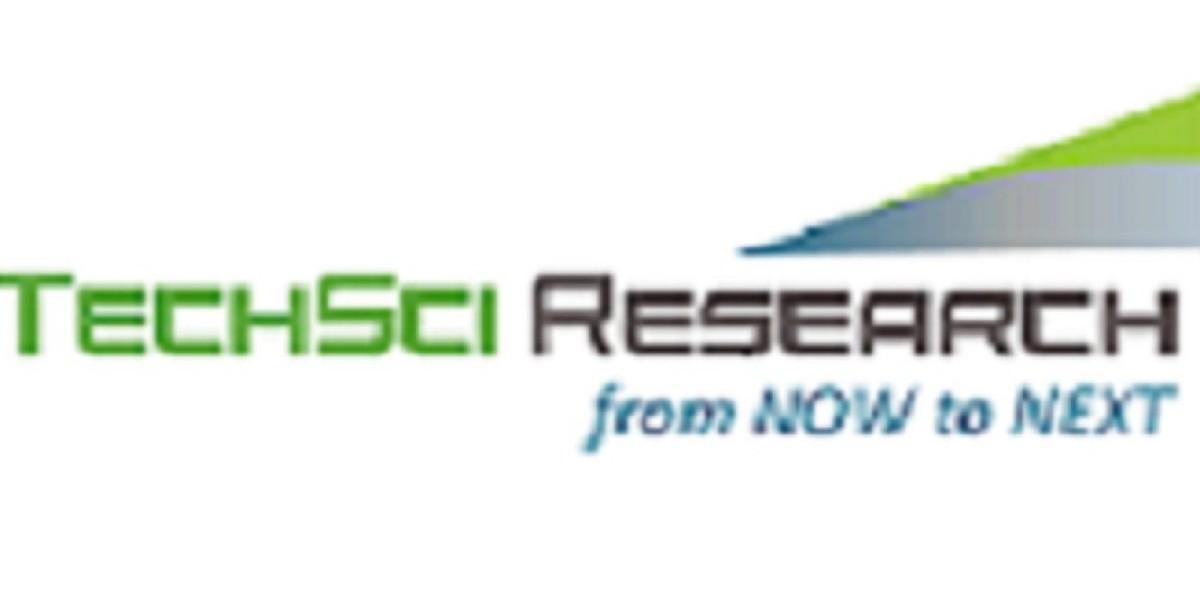Industry Overview
The Saudi Arabia Pet Food Market is undergoing a significant transformation, reflecting a shift in societal values, evolving consumer preferences, and the increasing humanization of pets. Valued at USD 74.56 million in 2024, the market is forecasted to reach USD 82.56 million by 2030, growing at a CAGR of 1.71%. While the growth rate may appear moderate, it marks a key transition phase in a traditionally underpenetrated market that is now embracing modern pet care practices.
As pet ownership becomes more mainstream across urban Saudi Arabia, especially among expatriates and younger generations, the demand for high-quality, specialized, and premium pet food is on the rise. Driven by socio-economic factors, increased veterinary services, and the expansion of organized retail, the Saudi pet food market is transitioning into a more structured and opportunity-rich segment of the broader consumer goods industry.
Industry Key Highlights
Market Value (2024): USD 74.56 Million
Forecasted Market Value (2030): USD 82.56 Million
CAGR (2024–2030): 1.71%
Fastest-Growing Segment by Pet Type: Cat food
Fastest-Growing Region: Eastern Province
Key Sales Channels: Dedicated pet stores, online platforms, and hypermarkets
Dominant Drivers: Expatriate population growth, rising pet humanization, increased veterinary care
Market Structure: Mix of global giants and rising local brands
Trend Focus: Premiumization, organic food, and e-commerce expansion
Download Free Sample Report - https://www.techsciresearch.com/sample-report.aspx?cid=7817
Market Drivers
1. Rise in Expatriate Population
Saudi Arabia’s pet food market is significantly influenced by its growing expatriate community, especially from Western nations where pet ownership is a long-standing cultural norm. These individuals bring established habits in pet care, including the consumption of branded and nutritionally optimized pet food.
Expatriates’ familiarity with international pet food brands has accelerated their acceptance in the Saudi retail space. This has, in turn, encouraged both domestic suppliers and international companies to expand their offerings, creating a diversified market landscape.
2. Increasing Veterinary Infrastructure
The expansion of veterinary services in the Kingdom is not only improving pet health but also enhancing the credibility of commercial pet food products. Veterinarians play a vital role in recommending premium food brands and specialized diets tailored to specific health conditions—thus encouraging higher spending on scientifically formulated pet nutrition.
This shift is part of a broader movement toward comprehensive pet care, where owners now view high-quality pet food as essential to their animals' well-being, not as an optional luxury.
3. Pet Humanization and Social Acceptance
The phenomenon of pet humanization—where pets are treated as family members—has gained momentum in Saudi Arabia. Owners now seek nutrient-rich, safe, and premium-quality food, mirroring trends seen in Western economies.
This changing perspective is reshaping consumer behavior. As pets transition from being kept outdoors for functional purposes to living indoors as companions, their dietary needs and expectations of quality are shifting accordingly.
4. Rise of E-Commerce & Specialized Retail
Saudi Arabia's rapidly expanding digital economy has fueled the rise of online pet food platforms, giving consumers access to a broader range of brands and specialty products. E-commerce platforms have made it convenient for pet owners to explore and compare prices, read reviews, and get doorstep deliveries.
Simultaneously, dedicated pet stores and boutique outlets are emerging in urban centers, offering curated experiences that cater to pet nutrition, grooming, and wellness—pushing the industry toward professionalization.

Emerging Trends
1. Cat Ownership on the Rise
Cats are quickly becoming the most popular pets in Saudi Arabia, particularly in urban households. Their adaptability to compact living spaces, relatively low upkeep, and compatibility with the local climate make them ideal companions. The cat food segment is therefore the fastest growing, driven by:
Increased awareness of the health benefits of commercial cat food
Availability of breed-specific, age-specific, and function-specific cat diets
Growth of online platforms promoting easy access to premium cat food brands
2. Premiumization of Pet Food
Consumers are becoming more aware of ingredient quality, nutritional content, and sourcing. This awareness is fueling demand for premium, organic, and grain-free pet food. Products boasting high-protein content, functional benefits (joint support, digestion, immunity), and free-from claims (e.g., no artificial preservatives) are gaining popularity.
Brands are innovating with wet food formats, single-protein recipes, and customized meal plans, tapping into the emotional connection between owners and their pets.
3. Sustainability and Ethical Sourcing
Younger Saudi consumers, particularly Gen Z and millennials, are displaying a growing interest in sustainable and cruelty-free pet food. This has prompted brands to introduce eco-friendly packaging, plant-based protein alternatives, and locally sourced ingredients to reduce environmental impact.
4. Cultural Sensitivity and Halal Certification
Local manufacturers are now exploring halal-certified pet food options, aligning with Islamic principles to cater to more traditional consumer bases. These offerings are gaining traction, especially in conservative households that are open to pet ownership but seek products aligned with cultural and religious standards.
5. Subscription Services and Smart Feeding Solutions
Subscription-based pet food deliveries are emerging as a convenient option for urban professionals. Simultaneously, tech-enabled smart feeders, integrated with mobile apps, are also gaining interest—especially among tech-savvy consumers looking to automate pet care.
Regional Insights
Eastern Province: Epicenter of Growth
The Eastern Region of Saudi Arabia is the fastest-growing market for pet food, supported by the following dynamics:
Urban centers like Dammam, Khobar, and Dhahran are hubs for expatriates and affluent locals.
Improved logistics infrastructure enables efficient distribution and inventory management.
A higher standard of living and disposable income drives demand for imported and premium food.
Pet care services—grooming centers, clinics, and pet hotels—are proliferating, reinforcing the ecosystem.
This region sets the precedent for how other parts of the Kingdom could evolve as the pet industry matures.
Market Segmentation Snapshot
| Segment | Categories | Key Trends |
|---|---|---|
| Pet Type | Dog, Cat, Fish, Others | Cat food growing fastest due to low maintenance and accessibility |
| Product Type | Dry Food, Wet Food, Canned Food, Others | Premiumization and functional food rising |
| Sales Channel | Hypermarkets, Pet Stores, Online, Others | Online fastest-growing, especially among urban millennials |
| Region | Eastern, Central, Western, Northern, Southern | Eastern region is dominant due to demographics and infrastructure |
Competitive Analysis
The Saudi pet food market features a blend of global powerhouses and emerging local players, creating a dynamic competitive landscape that encourages innovation, price competition, and product diversification.
Leading Companies
Mars, Incorporated
A dominant player offering trusted brands like Pedigree and Whiskas, with an extensive supply chain in the GCC.Nestlé S.A.
Through its Purina brand, Nestlé maintains strong visibility and loyalty among premium customers.Colgate-Palmolive Company
Known for its Hill’s Science Diet, the company focuses on veterinary-recommended nutrition.General Mills
Offers high-end food through Blue Buffalo, catering to pet owners seeking clean-label, holistic ingredients.Bayt Al Aleefa and United Petfood
Local and regional companies tapping into preferences for halal-certified, natural, and affordable alternatives.Wellness Pet Company and Cheyenne Dog Food Company
Innovators in limited ingredient and life-stage specific foods.
The interplay between established global names and niche local brands is fostering a healthy competitive environment that benefits both pet owners and retailers.
Future Outlook
The Saudi Arabia Pet Food Market is on a steady upward trajectory, supported by demographic shifts, cultural changes, and lifestyle modernization. As the market matures, we anticipate the following developments by 2030:
Higher penetration of premium and super-premium segments
Growth in specialized foods (e.g., breed-specific, medical diets)
Continued digitization of pet care, including app-based ordering and remote consultations
Increased role of veterinary guidance in shaping consumer preferences
Wider availability of ethically sourced and halal-certified pet food
Government regulations to ensure product quality, safety, and traceability
With this foundation, Saudi Arabia is well-positioned to become one of the most promising emerging markets for pet food in the Middle East.
10 Key Benefits of the Research Report
Accurate Market Forecasting: Helps stakeholders anticipate growth trends and market evolution through 2030.
Segmentation Clarity: Provides granular insights by pet type, product, channel, and region.
Competitive Benchmarking: Analyzes the strategies and strengths of key market participants.
Emerging Trends Identification: Flags evolving consumer preferences and new business models.
E-Commerce Assessment: Tracks the growth and impact of digital platforms on market dynamics.
Cultural Consideration: Includes regional factors like halal certification and pet humanization.
Veterinary Influence Analysis: Assesses the growing role of professional veterinary services in driving demand.
Retail Insights: Evaluates how different channels—from pet stores to hypermarkets—contribute to sales.
Strategic Investment Areas: Identifies regions and segments with high growth potential.
Customization Options: Enables tailoring of data and insights to specific business needs or investment plans.
The Saudi Arabia Pet Food Market is a compelling example of how changing lifestyles, rising affluence, and cultural openness can redefine consumer sectors. From humble beginnings, the market is quickly evolving into a sophisticated, competitive, and innovation-driven space.
While growth is currently moderate, the long-term potential is significant. Stakeholders—be they international brands, local entrepreneurs, retailers, or investors—have a unique opportunity to shape the future of pet care in the Kingdom. Those who adapt to the nuances of Saudi culture, invest in localized strategies, and prioritize quality and trust will be best positioned to lead this market forward.
Contact Us-
TechSci Research LLC
420 Lexington Avenue, Suite 300,
New York, United States- 10170
M: +13322586602
Website: www.techsciresearch.com






